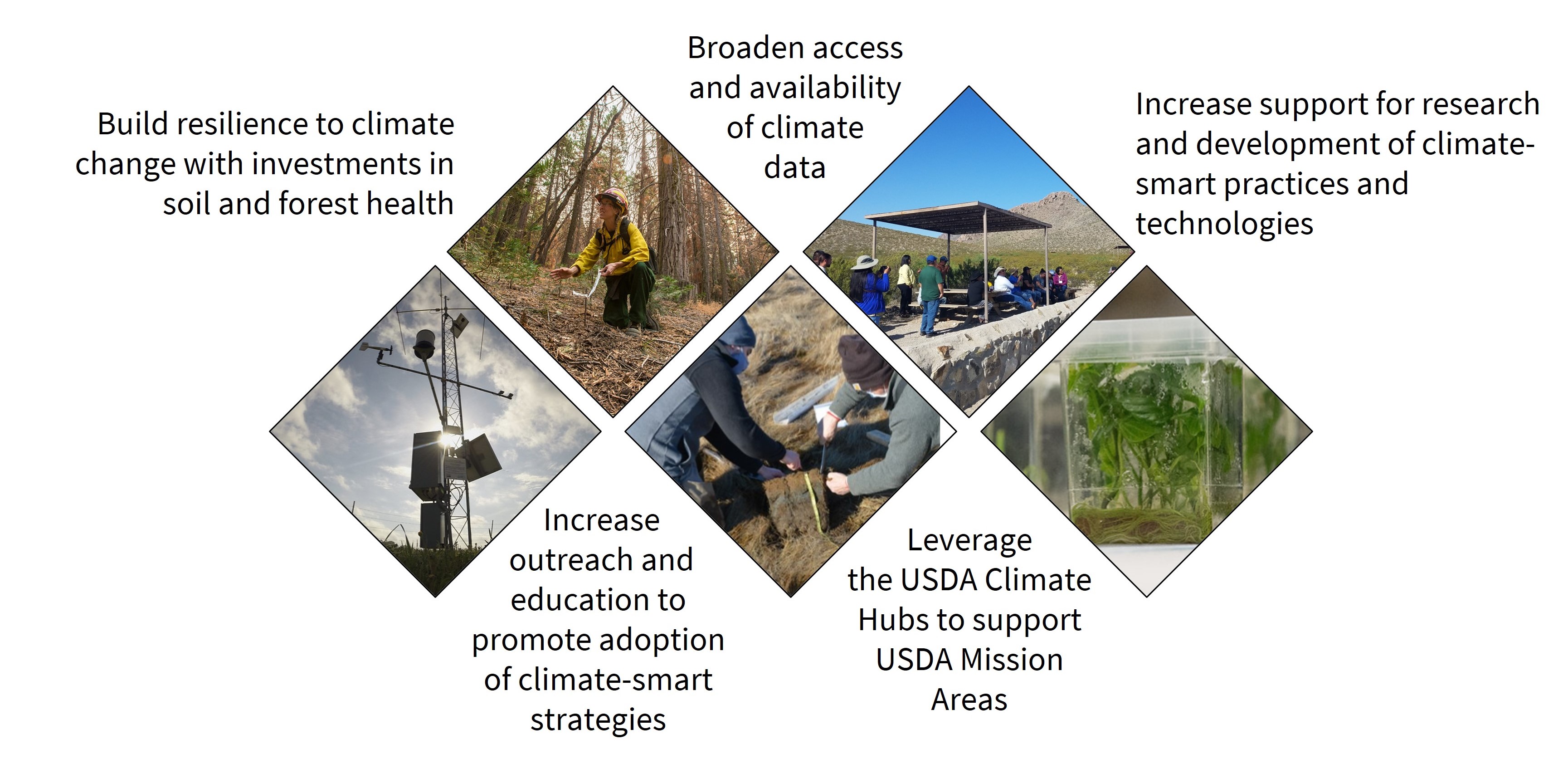Imagine a world where your food supply is secure, even in the face of unpredictable weather. That’s what climate-resilient farming aims to achieve.
But how can you, as a farmer, or someone who simply cares about the environment, ensure that agriculture withstands the challenges posed by climate change? Government policies play a crucial role in this transformation. They are the invisible hands that guide farmers towards sustainable practices, offering support and resources to adapt and thrive.
You’ll discover how these policies work, why they matter, and how they can impact your life directly. Stay with us to unlock the secrets behind government initiatives that are paving the way for a more resilient agricultural future. Your understanding of these policies could be the key to a more sustainable world.

Incentives For Sustainable Practices
Governments worldwide recognize the need for climate-resilient farming. Policies encourage sustainable practices in agriculture. Offering incentives is a key strategy. These incentives help farmers adopt eco-friendly methods. They promote soil health and water conservation. Financial support and technical assistance are common forms of incentives.
Tax Benefits For Sustainable Farming
Farmers adopting sustainable practices can receive tax benefits. These benefits reduce the financial burden of transitioning. Tax credits are available for using renewable energy sources. Energy-efficient machinery also qualifies for these credits. This makes eco-friendly choices more affordable.
Grants For Eco-friendly Technology
Governments provide grants for eco-friendly farming technology. These grants support the purchase of efficient irrigation systems. They also fund solar panels and wind turbines. Farmers can reduce costs and carbon footprints with these technologies.
Subsidies For Organic Farming
Subsidies encourage farmers to switch to organic farming. Organic farming reduces chemical usage. It promotes biodiversity and soil fertility. Subsidies help cover the initial costs of certification. This makes organic farming more accessible.
Training Programs And Workshops
Training programs educate farmers on sustainable methods. Workshops offer practical skills and knowledge. They cover topics like crop rotation and pest management. These programs empower farmers to implement sustainable practices.
Low-interest Loans For Green Projects
Farmers can access low-interest loans for green projects. These loans support investments in sustainable infrastructure. They help finance water-saving irrigation systems and composting facilities. This financial support encourages long-term environmental benefits.

Funding For Innovation
In the quest for climate-resilient farming, funding for innovation plays a crucial role. Governments worldwide are recognizing the importance of innovative solutions to tackle climate challenges in agriculture. By providing financial support, they are empowering farmers and researchers to develop new technologies and practices. But what does this mean for you? How can these policies transform your farming practices?
Access To Grants And Subsidies
Governments offer grants and subsidies to farmers willing to experiment with climate-smart practices. These financial aids make it possible for you to adopt cutting-edge technologies without straining your budget. Imagine having the means to test drought-resistant seeds or advanced irrigation systems. What would that do for your farm’s productivity?
Investment In Research And Development
Research and development (R&D) is the backbone of innovation in farming. Governments are investing heavily in R&D to discover new methods for sustainable agriculture. This means access to better resources and knowledge for you. Can you picture how improved pest management techniques could save your crops and reduce costs?
Public-private Partnerships
Public-private partnerships are creating new opportunities for innovation. Governments collaborate with private companies to fund groundbreaking projects. This collaboration brings expertise and resources from diverse sectors to the farming community. How might a partnership with a tech company revolutionize your farming practices?
Training And Education Programs
Training and education programs funded by government initiatives are crucial for spreading innovative practices. These programs provide you with the skills needed to implement new technologies effectively. Consider how learning about precision farming could optimize your resource use and increase yields. Are you ready to take advantage of these learning opportunities?
Government policies supporting climate-resilient farming are not just about financial support. They are about empowering you to be part of the solution. Are you prepared to embrace these opportunities for innovation and transform your farming practices?
Education And Training Initiatives
Education and training initiatives play a crucial role in climate-resilient farming. Governments worldwide recognize this and are acting. Farmers need the right knowledge to adapt. New techniques, technologies, and methods emerge regularly. Understanding these is vital for sustainable agriculture. Training programs equip farmers with essential skills. This helps them face climate challenges effectively.
Understanding Climate Impact On Agriculture
Understanding climate change is the first step. Farmers learn how weather patterns affect crops. They study soil health, water management, and pest control. These insights help them plan better. Knowledge of climate impacts leads to informed decisions. This ensures crop safety and productivity.
Workshops And On-site Training
Workshops provide hands-on experience. Farmers engage with experts directly. They practice new methods in real-time. On-site training brings learning to their fields. This makes it practical and relevant. They see results immediately, boosting their confidence.
Collaborations With Agricultural Experts
Government initiatives often involve collaborations. Experts from universities and research institutions contribute. Their expertise enhances training programs. Farmers benefit from the latest research findings. This collaboration ensures that farmers receive accurate information.
Online Resources And E-learning Platforms
Digital tools offer flexible learning options. Farmers access information anytime, anywhere. E-learning platforms provide interactive content. This includes videos, quizzes, and discussion forums. Online resources supplement traditional training methods. They reach farmers in remote areas effectively.
Peer Learning And Community Support
Peer learning encourages shared experiences. Farmers learn from each other’s successes and failures. Communities support each other in implementing new practices. This collective effort strengthens climate resilience. It builds a network of informed and supportive farmers.

Conclusion
Government policies play a big role in climate-resilient farming. They support farmers with tools and resources. Farmers can adapt to weather changes better. These policies help secure food supplies. They also protect the environment. Encouraging sustainable practices boosts farm productivity.
Collaboration between farmers and governments is key. Together, they can face climate challenges. This partnership builds a stronger, more resilient future for farming. Policies must continue to evolve. To meet the needs of changing climates. Supporting farmers ensures food security and environmental health for all.



